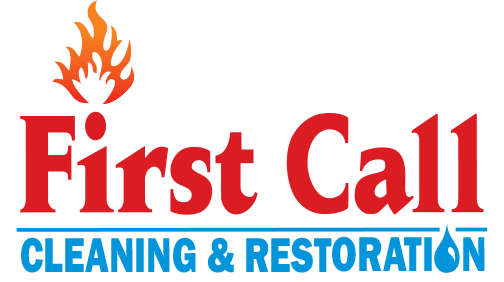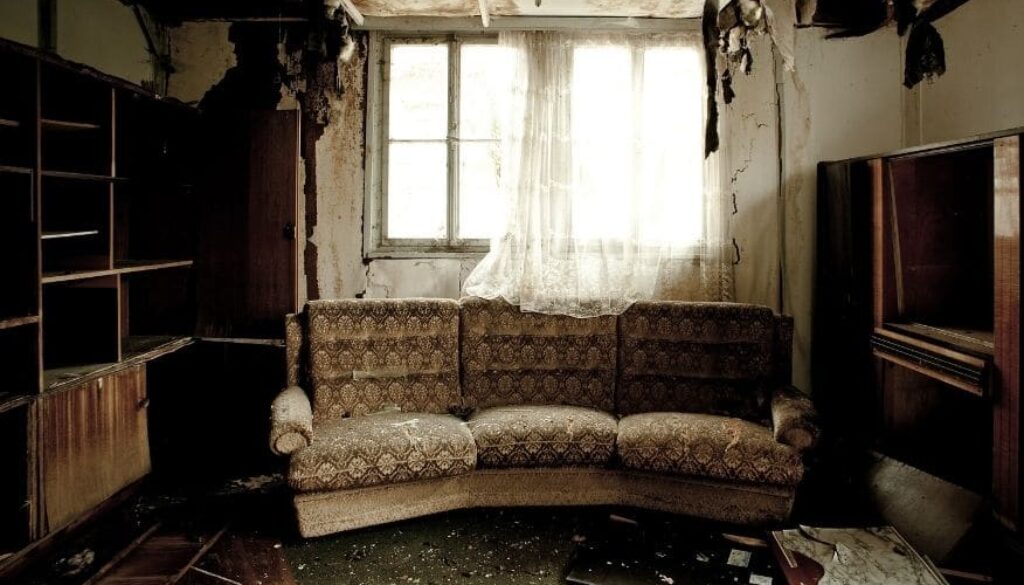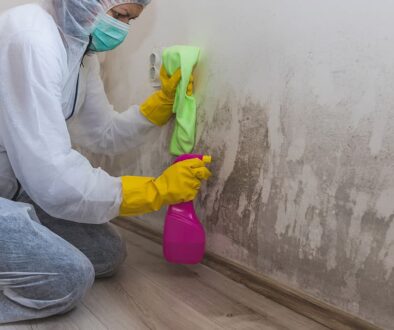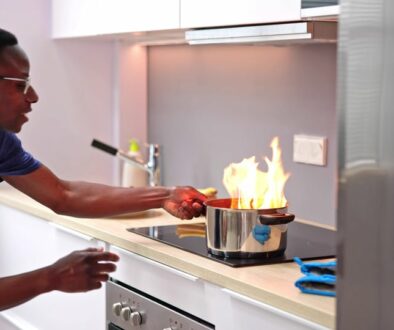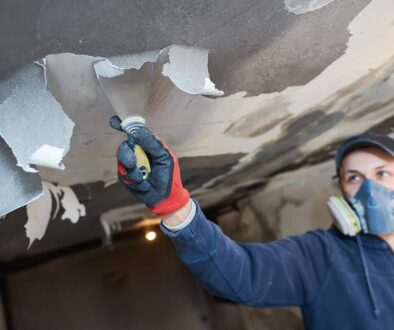Of all the devastating disasters that can occur to your house, often, fire can be among the most traumatic. There is something deeply unsettling about watching your precious possessions burn in flame, and recovery involves emotional healing as well as fire damage remediation.
Following is some informational news you can use, from tips about homeowners and renter’s insurance to how much it costs to fix a fire damaged house and how to clean fire-damaged walls.
Does Homeowners Insurance Cover Fire Damage?
In general, homeowners insurance will cover fire damage, because coverage usually extends to all your personal belongings. These belongings include appliances, clothing, furniture and other similar items. Most homeowners insurance policies will help you pay for a replacement or repair.
Depending upon your policy, landscaping may be covered as well.
If you live in an area that is prone to forest fires, wildfire damage may also be covered—but be sure to check the fine print of your policy.
It’s important that you have a good grasp of what your policy covers and what it does not. All homeowners policies are different. Be sure to speak with your representative for the most accurate information.
At First Call, we will work closely with any homeowners insurance policies, providing the extensive documentation needed for you to file your claim. We’ll take the headache out of the process for you.
Does Renter’s Insurance Cover Damage to the Apartment?
In general, yes. Renter’s insurance covers your belongings not only from damage due to fire, but also from smoke, vandalism and theft.
Many apartments require that tenants have renter’s insurance. Even if they don’t, it’s always a good idea to have renter’s insurance to protect your belongings in case of theft or a disaster. However, despite this, many renters still do not have insurance.
As we mentioned earlier, be sure to read the fine print on any homeowners or renter’s insurance policies you have.
How to Clean After Fire Damage
While you may think this is a do-it-yourself job, it’s always safer to have the experts at First Call take care of it for you.
For example, you may not have realized the extensive water damage that has also been done to your home due to fire hoses. Even when the structure is deemed safe for clean-up, there may be airborne chemical compounds that can be dangerous if inhaled.
First Call’s professionals have the protective equipment and the technology to understand how to clean after fire damage in a way that is safe, effective and efficient.
Cleaning after fire damage involves:
- Removing soot from the walls
- Checking to see if there is any soot that has made its way into the ventilation
- Checking and/or replacing drywall and insulation
- Minimizing dust particles—these can make you sick if inhaled
- Removing debris carefully
- Eliminating standing water
- Washing all pots, pans, and flatware
How to clean Fire-Damaged Walls
First, do not enter the home until the fire marshal has indicated that it is safe to do so.
In addition, before you start, you need to be sure you have the safety equipment you need. Be sure to work in a well-ventilated area and wear a mask.
Apply a plastic sheet or similar drop cloth to the floor.
Clean loose soot off the walls by using a vacuum cleaner. You should also use a dry chemical sponge to wipe to soot off.
Another effective cleaning solution is trisodium phosphate (TSP). simply add a tablespoon of TSP in warm water. Some have had good results by mixing solutions of white vinegar and warm water.
However, you should always realize that any burnt object can give off toxic fumes. This is why it is so important to consider the services of a fire restoration company near you like First Call. We have the equipment to ensure that your home is safe and to prevent soot and other contaminants from circulating around your house or apartment.
How Much Does It Cost to Fix a Fire-Damaged House?
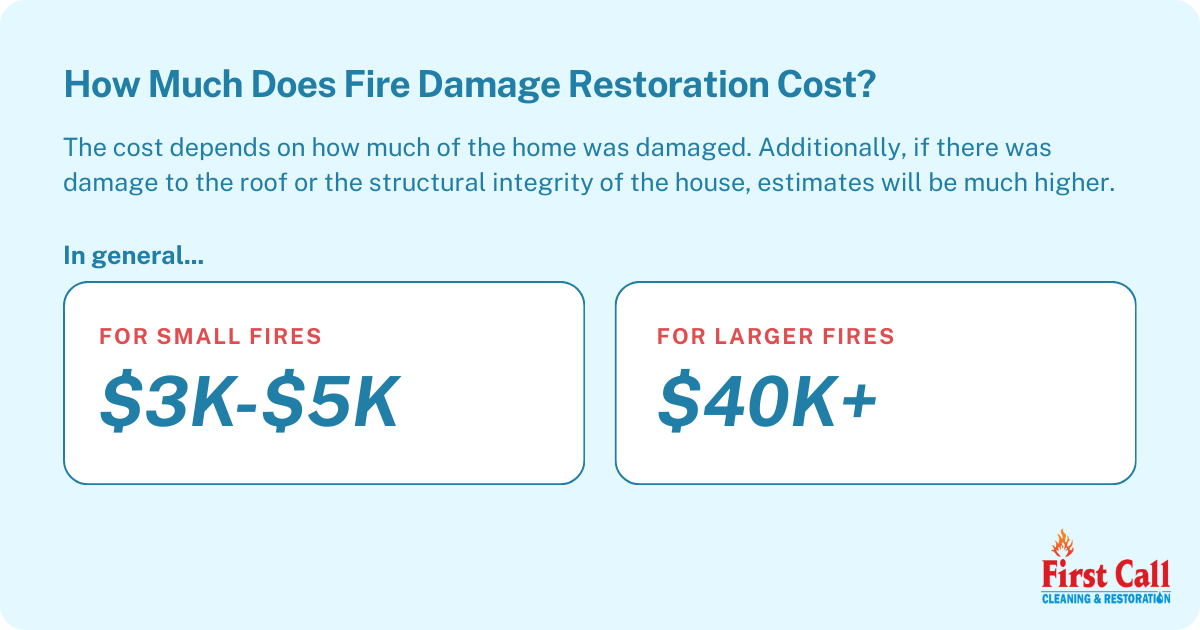
In general, costs can average from between $3,000 and $5,000 to recover your home after there is a small fire. Larger fires that have created extensive damage—particularly those that destroyed your roof—can run as high as $40,000 or more.
When Fire Damage Strikes Your Home, First Call Is the Right Call
Fire damage is devastating, and cleaning it requires constant diligence in order to avoid inhaling toxic fumes. Cleaning up the mess also requires meticulous documentation in order to receive reimbursement from your homeowners insurance or renter’s insurance policies.
At First Call, we’ve helped residents throughout the Triangle, Burlington and Greensboro areas get their life back on track while recovering from a disaster. Contact us for more information.
Make us your “first call” today.
